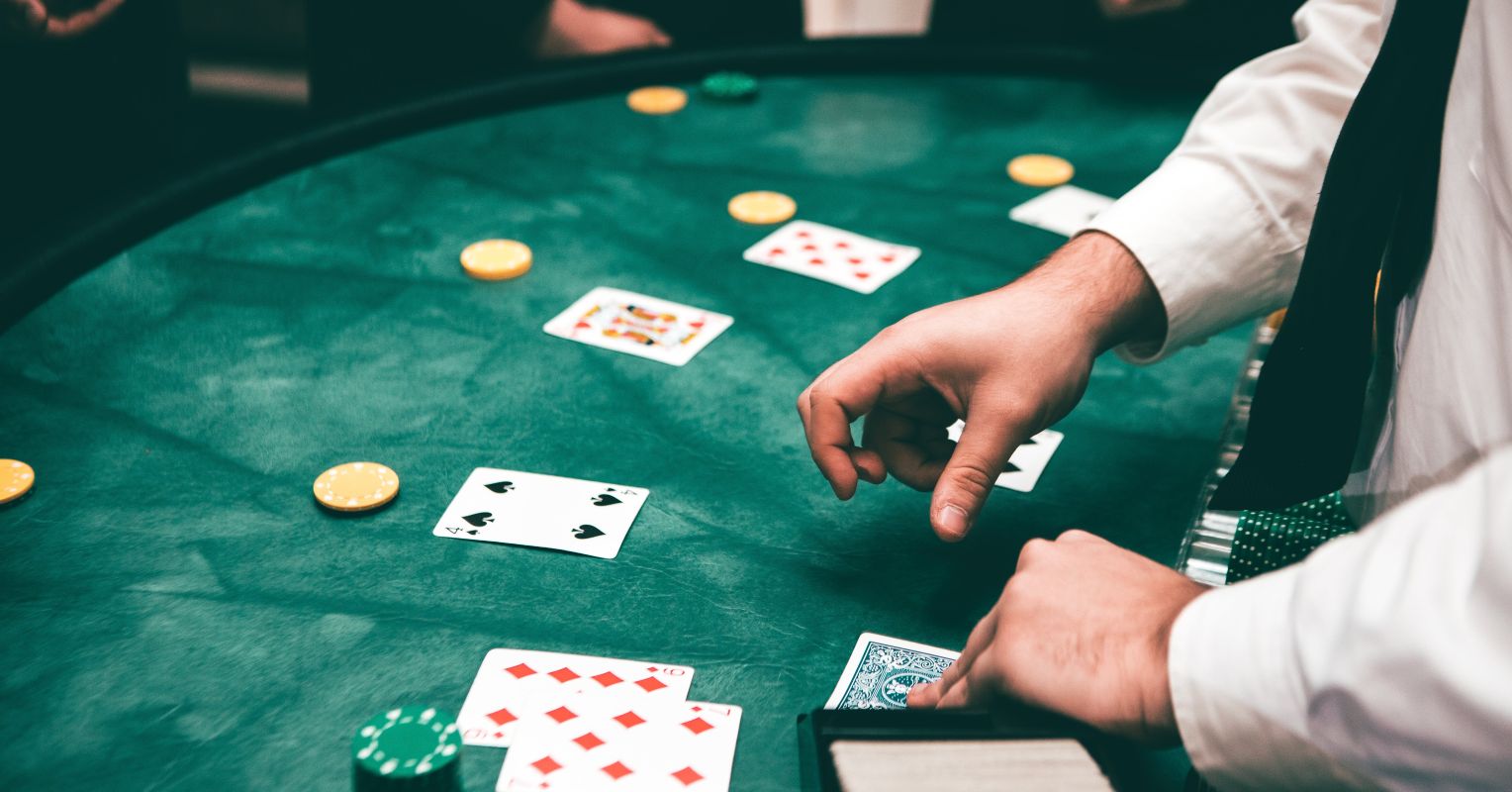
This time of year brings with it reasons to be more concerned about compulsive gambling. Not only are sports like hockey and basketball getting into full swing but professional football playoff and championship games are coming up. These all tend to increase the opportunities for gambling and make it even more likely that people with gambling problems will have difficulties.
Compulsive gambling is a problem for millions of people and creates devastating economic difficulties for many families. Problematic gambling has probably existed for as long as gambling has existed. But the legalization of gambling in many states has led to more gambling problems as gambling has become more available. This is evident not only in the number of people seeking help but also in the average age of people with gambling problems being much lower than was the case before gambling was legalized (Jones, 2023).
Behavioral research across animal species has provided considerable insight into how problematic gambling works. Research on rats and pigeons show that they often will engage in behaviors like those of humans with gambling problems. This is surprising in part because it runs counter to what, theoretically, is the way individuals of all species are supposed to act.
There is a theory of behavior called “foraging theory” that proposes that individuals of any species will seek out the most efficient way of obtaining what they need for survival. This includes food and the theory proposes that all animals, human and nonhuman, will choose options that allow them to have the greatest likelihood of finding food. Animals, according to this theory, will choose the most efficient path for finding food, even if the amount of food is less than what is associated with another path.
According to this theory, all animals will prefer the path that provides more consistent but less preferred outcomes (i.e. food provided more often but less of it). But research on rats and pigeons shows this is not always the case and that many times they will choose paths with higher possible outcomes but less certainty they will get any food (Zentall, 2023). In fact, a large percentage of animals studied show attraction to these “jackpots” and a tendency to take the riskier approaches at least some of the time.
There is some very interesting information to obtain from animal studies for better understanding human gambling. One is that animals typically do not tend to risk much loss in exchange for greater potential outcomes. When pigeons were given a choice between pecking on a light that gave three pellets 100% of the time and another that gave ten pellets 20% of the time, the average number of pellets they obtained was two. Most were willing to take some chances but not much.
When animals took more chances on the riskier option it appeared that the excitement of the potential gain outweighed them interpreting anything as a loss. They often showed a preference for any option where more food was possible but was not at 100%. What seemed to happen here was that the animals wanted the excitement more than they wanted the food.
Another finding from this nonhuman animal research was that pigeons went for the higher-risk options much less often if they were given a few hours per day in larger cages with other pigeons. They tended to engage in more searches for food “jackpots” when they were more isolated and more removed from any sort of interesting or exciting activities.
All of this presents some ideas for advancing treatment interventions for helping problematic gambling. One type of therapeutic intervention used to address compulsive gambling involves helping the person find ways of increasing positive activities. That can be helpful, although psychological research across species shows that the most helpful focus could be on increasing positive activities that the person finds exciting. Barring that, it may be helpful to find activities that have some other sort of notable positive reaction (e.g. finding something the person finds meaningful).
Another intervention that is useful for compulsive gambling in humans is mindfulness. This puts a focus on the person being attentive to what is going on at the moment and concentrating on what they are doing in the here and now. Research on gambling summarized here supports that increasing the person’s attentiveness to what they are doing when they think about gambling may be helpful. It has the potential of taking the person away from just trying to feel “excited” and keeping them focused on the specific behaviors they are trying to avoid. If you think about what you are doing, this can be useful to make sure you are not getting wrapped just in the emotional response to what is happening. That can be particularly helpful for someone trying to avoid behaviors in which they engage primarily because they are exciting.
As a therapist who has worked for years with people who have gambling problems, I have seen these types of interventions help. It is interesting to see how they fit into what is found when gambling behaviors are studied across all animal species.